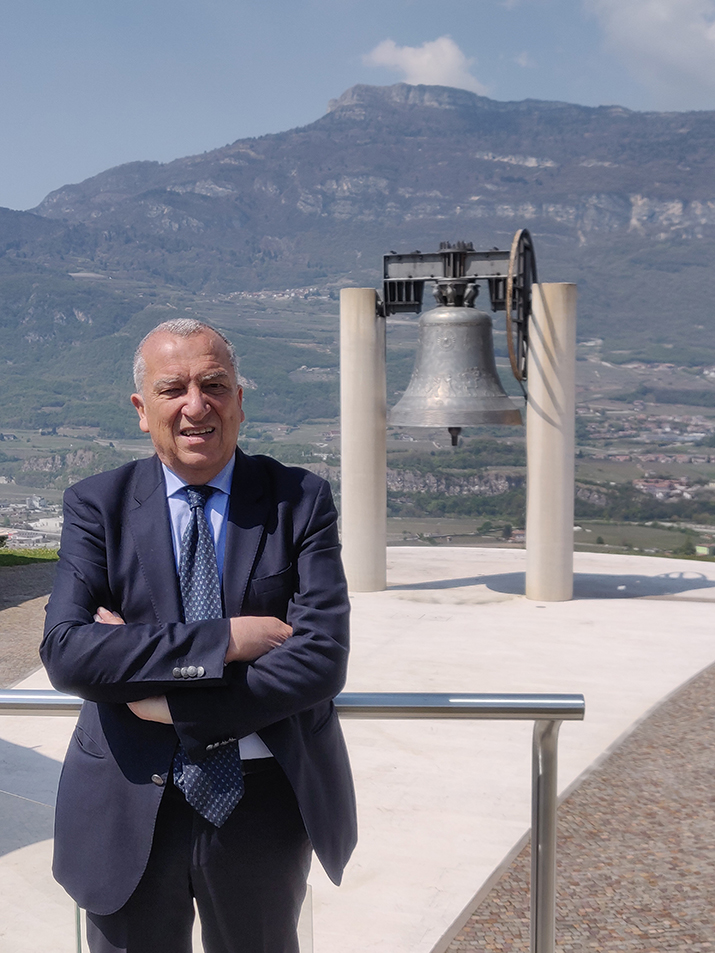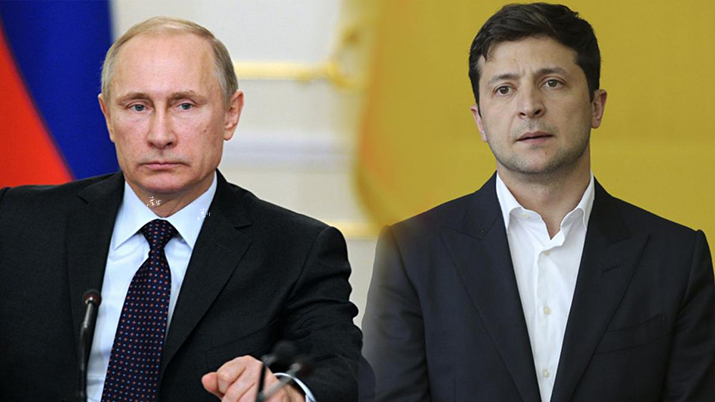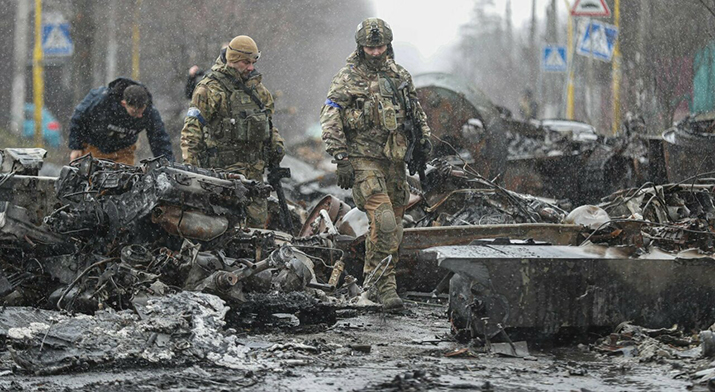Commenting on the progress during the first weeks of the Russian-Ukrainian conflict in the April editorial we observed how the unspeakable neo-Soviet designs of the Kremlin leader could only be effectively opposed by a combination of three factors: the prolonged resistance of the Ukrainian armed forces, increasingly invasive international economic / financial pressure and the emergence of internal opposition movements on Russian territory.
AA month later, the first condition appears to have been met, as the behaviour of the military (and, indeed, of the entire population) in every part of Ukrainian territory is simply heroic. Not even the indiscriminate bombings of civilian targets, the brutal massacres perpetrated by Russian troops in contempt of any sense of humanity nor the power relations inexorably unfavourable to the defenders, seem in fact capable of undermining their morale and the determination to fend off the invaders. To this end, overcoming often lacerating conflicts of conscience, the "West" has taken upon itself to equip the armed forces of Kiev with ever more sophisticated, efficient and "offensive" weapon systems. In a modern reinterpretation of the historic duel, it is in fact widespread opinion that only a highly technological sling, of the very latest generation, will allow David / Zelensky to face the challenge with Goliath / Putin with some chance of success.
With regard to the second, we have the continued unity of the United States and the European Union in hitting the "Russian system" with ever more extensive and intrusive economic / commercial / financial sanctions, aimed both at large industrial and banking structures and at the private sphere of oligarchs and other figures not far from power.
If, for Washington, the unofficially declared will to provoke a regime change in the Kremlin, associated with an almost non-existent relapse on the national level of the blocking of trade with Russia, makes this line of stringency not too uncomfortable, the case for Europe is very different. Brussels, now in its fifth series of sanctions, still hesitates to include the two main sources of "income" for Russia in this list, which are gas and oil (coal will instead be hit starting from the summer). In fact, it seems almost certain that, in the event of their application, very serious repercussions would arise for a certain number of Member States (Italy and Germany at the top of the list), both at the level of their various systems of production and for the "civil" needs of their citizens. It should then be considered how a series of important extra-European G20 countries (China, India, South Africa and Brazil among others) in addition to refraining from the political condemnation of Russian aggression at the UN, continue along the lines of business as usual, seizing the opportunity (and this is especially the case of Beijing) for the lucrative role of privileged partner with Moscow.
Moving on to the third and final factor, it is necessary to recognize how, on the domestic level, President Putin’s popularity ratings continue to remain high, a fact confirmed by the only Russian "independent" survey body, the "Levada Center". This, despite the somewhat negative factors connected to the military operations in progress, such as the substantial abandonment of the original plan to subdue the entire Ukrainian state and, at the same time, the substantial number of casualties (in this regard, it is known that their bodies are not always returned to their families for fear of negative repercussions on the morale of the population and the possible occurrence of public protests). Undoubtedly, the systematic closure of newspapers and critical television stations by the Kremlin and the rigid censorship maintained by the regime channels on potentially disturbing news (such as, military failures and losses on the ground) contribute to feed such popularity only in an artificial way. In any case, even in Russia the motto, “My country, right or wrong” applied in a nationalistic vein to various geographical scenarios seems to meet a level of consensus perhaps not entirely expected.
Support for the Russian leader by the Orthodox clergy is undoubtedly appreciated, with the Patriarch of Moscow Kirill inclined, on several occasions, to justify the armed intervention in the neighbouring (and brother) country which in his view is infested by figures who he identifies as "internal and external enemies ". Commenting with us on these statements, Father Francesco Patton, the priest from Trentino who holds the prestigious position of Custos of the Holy Land in Jerusalem, observed that the Orthodox clergy, for a long tradition subject to temporal power, cannot be expected to act of courageous autonomy in accordance with official policy. The same goes for oligarchs, opposition politicians and advocates of civil dissent.
How the situation will evolve and, in particular, whether mediation in the form of diplomatic activity, capable of being accepted by both sides, may finally be established alongside the armed conflict, remains an aspect to be verified.
On the diplomatic front, the direct involvement of the super powers seems necessary
In this last regard, out of prestige and authority, the direct involvement of the super powers, such as the United States, China and, why not the European Union itself, would seem necessary. The substantial uselessness of the "UN system", conditioned by the Russian veto should however be recognized as well as the inevitable failure of the commendable efforts undertaken by "middleweights", such as Israel or Turkey.
We close with the observation that, in Russia, the holiday of May 9 is the most heartfelt with regard to the population, representing the anniversary of the end of the Second World War and the defeat of Nazism. It is a celebration to which, in other times and different circumstances, the rest of Europe could ideally have joined in the unlimited gratitude expressed to the inhabitants of the then USSR for having significantly contributed in preventing the yoke of the swastika from extending over our entire continent.
AIt seems likely that Moscow, engaged in a consistent concentration of its troops in the nerve centre of the Donbass area, intends to achieve a result on the ground by that date that can be presented for public opinion as a clear military success and, at the same time, as a strategic justification of the “Special operation” initiated on February 24th.
Since the above date is close to the publication date of the new issue of our magazine, we will be able to verify this eventuality more or less "live".
Reggente Marco Marsilli, Foundation President









